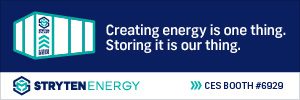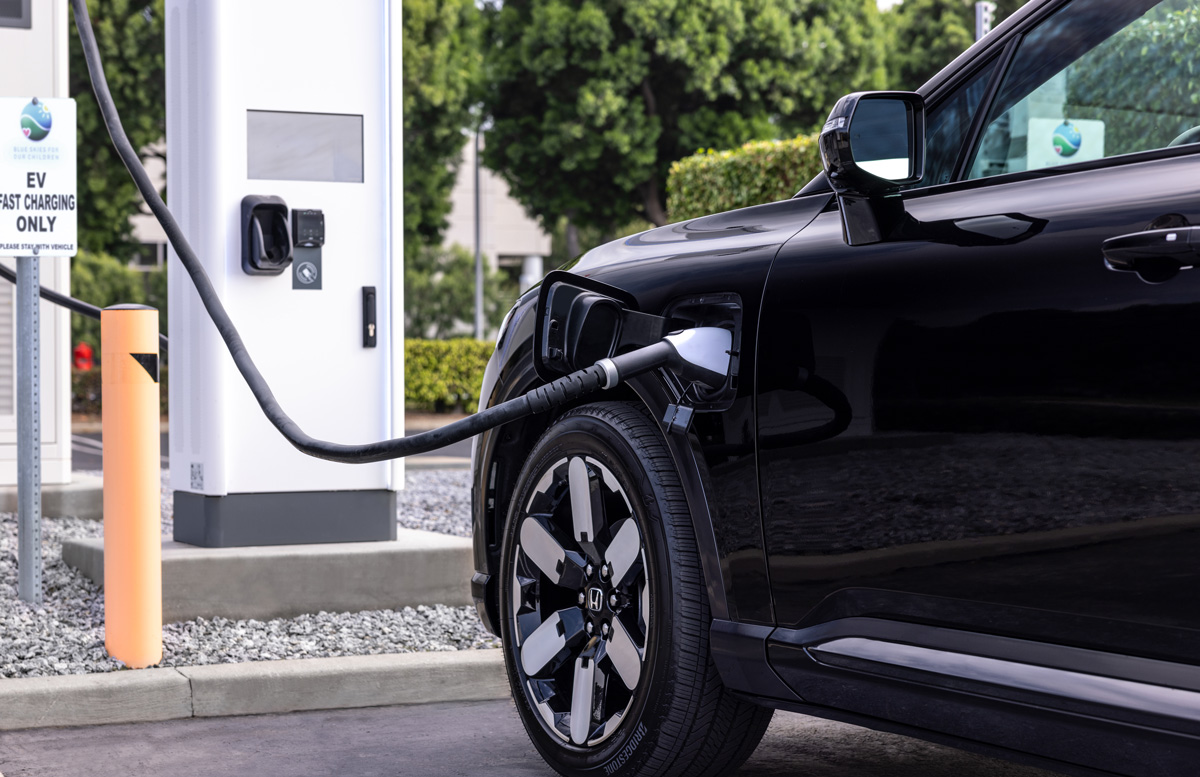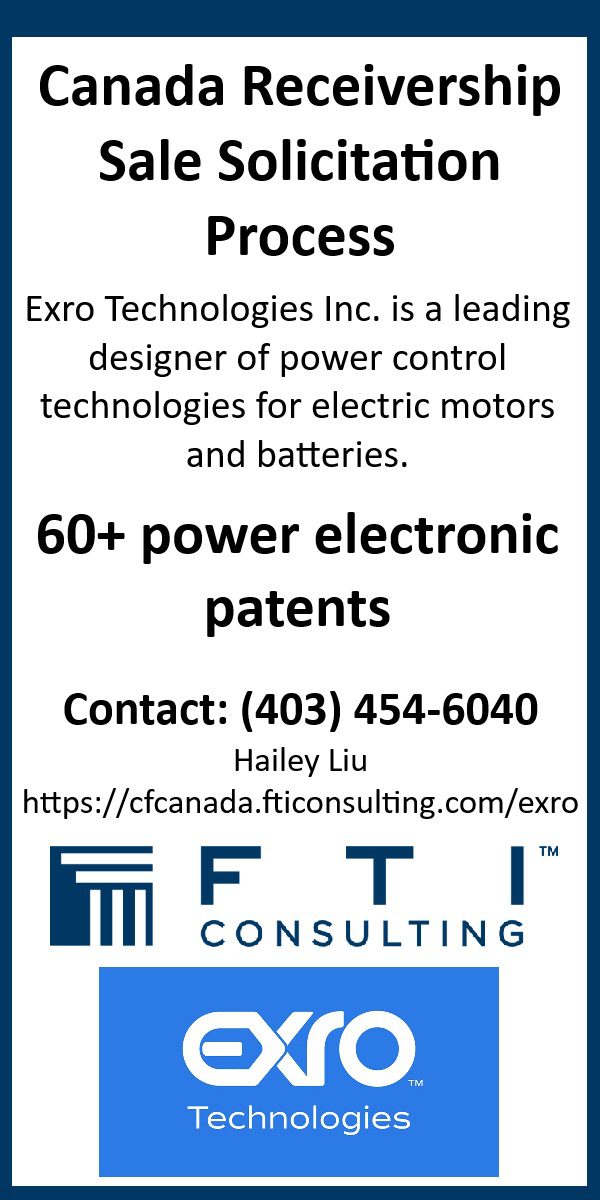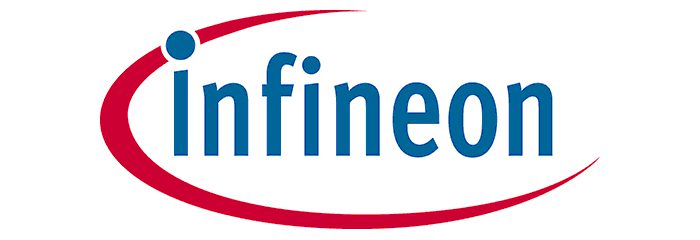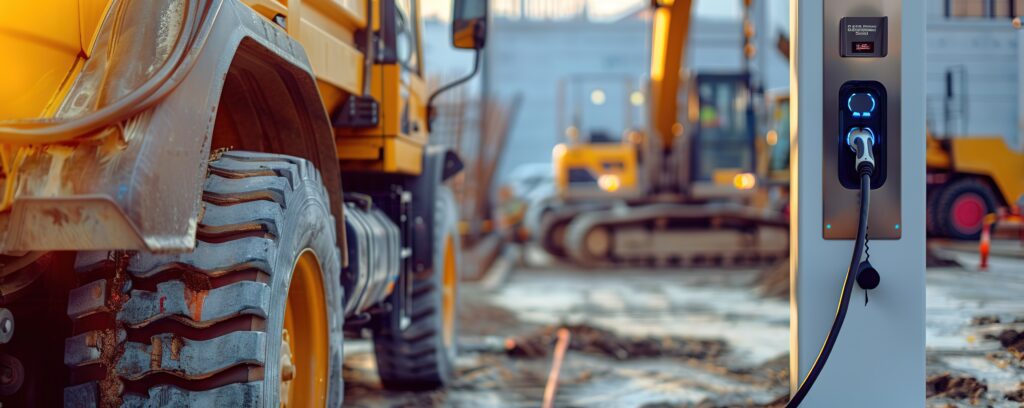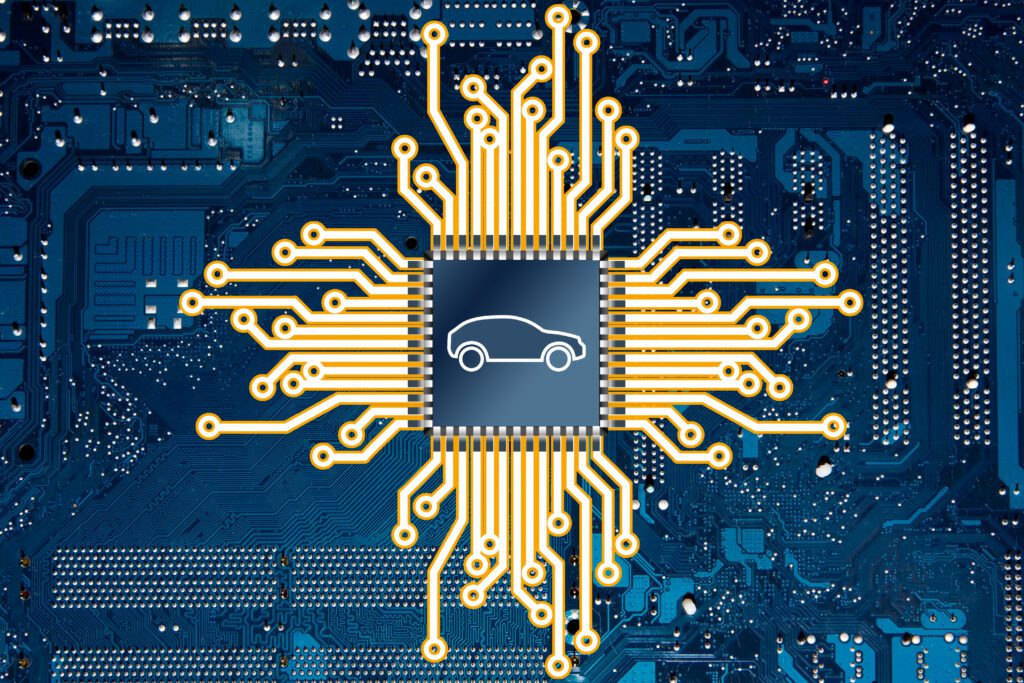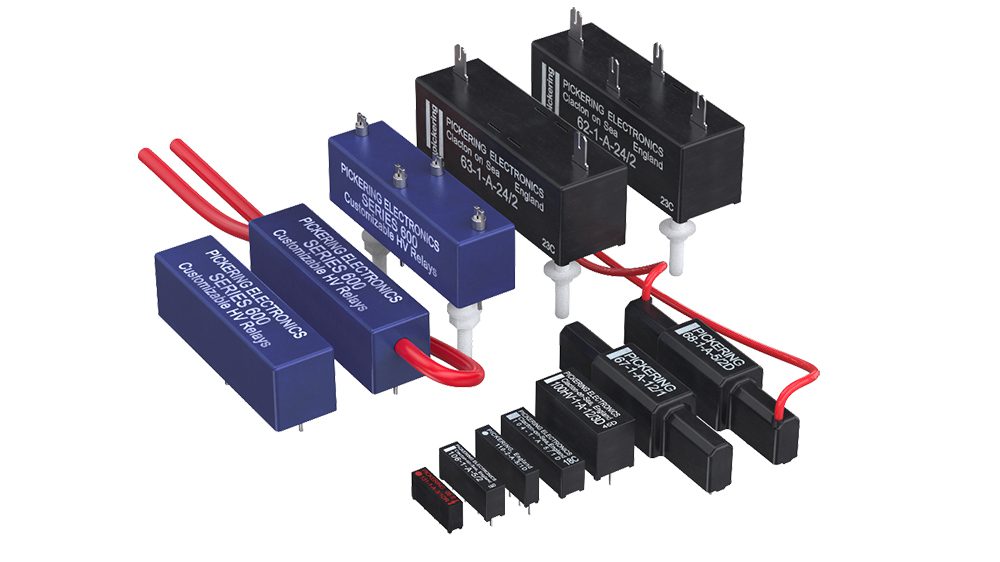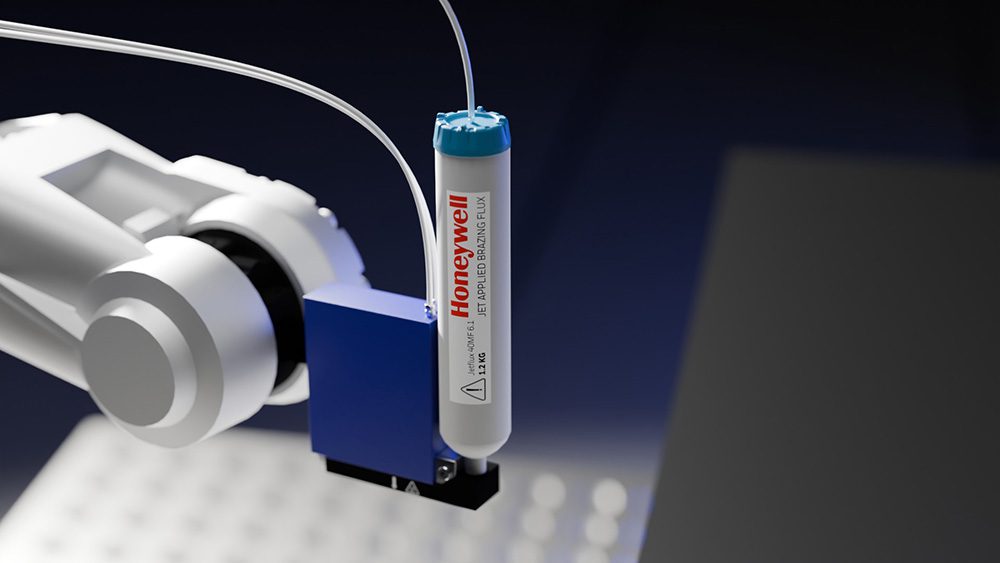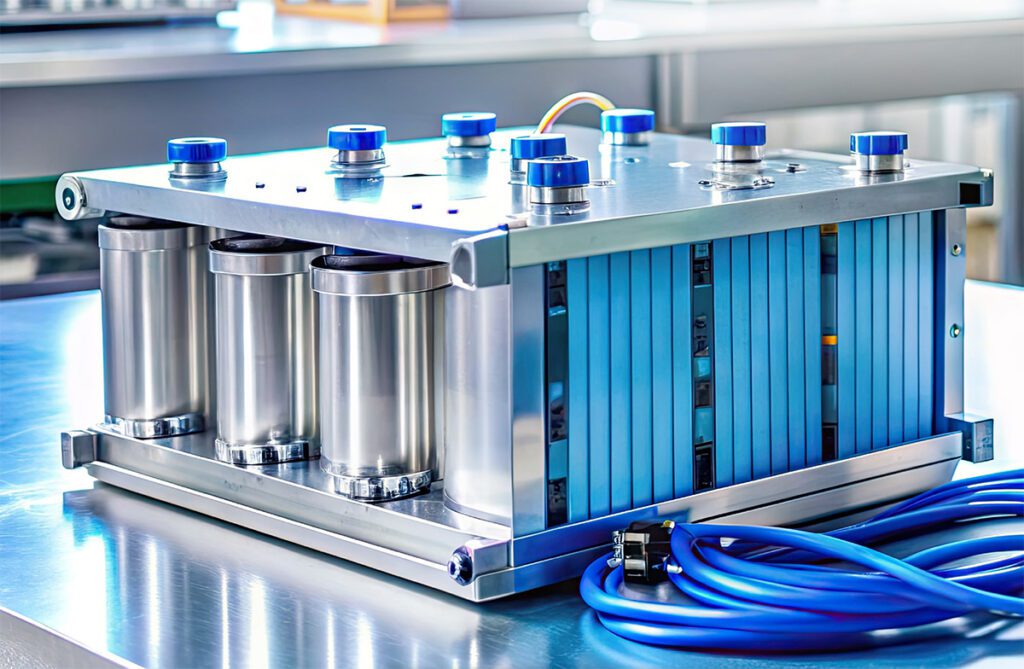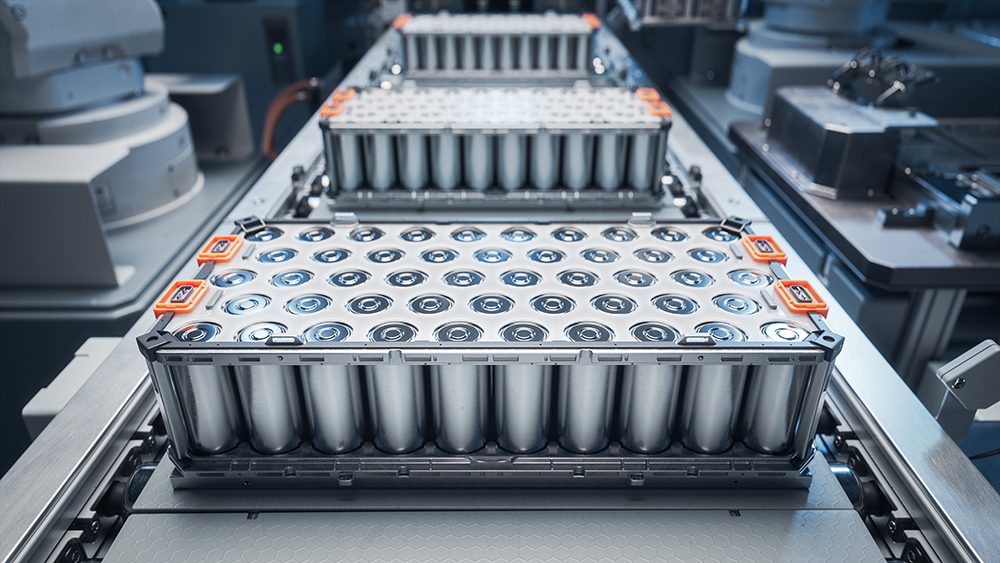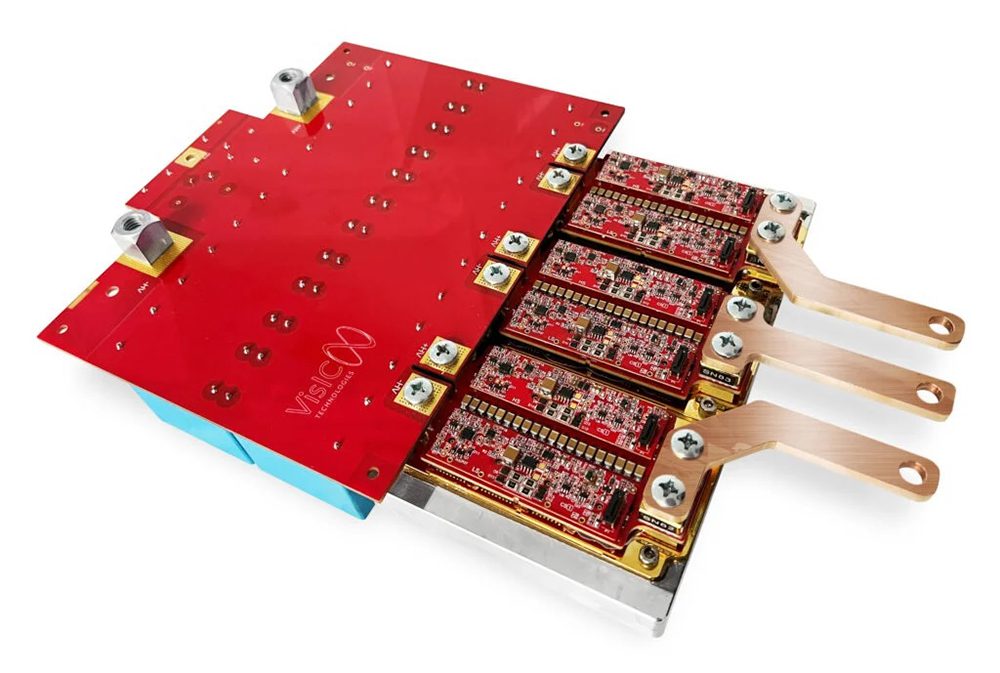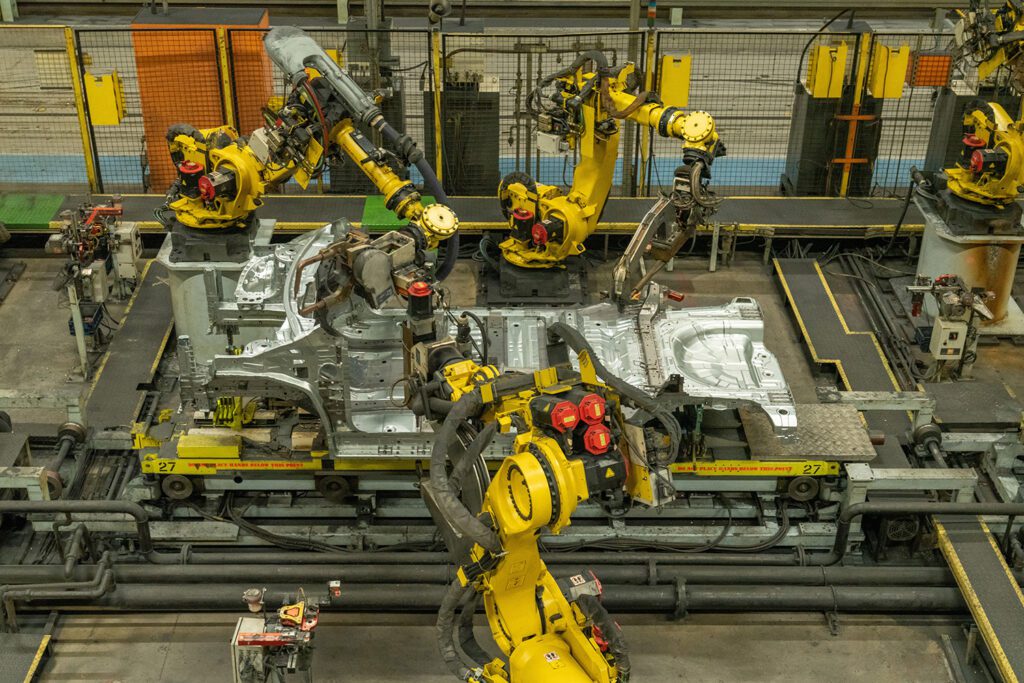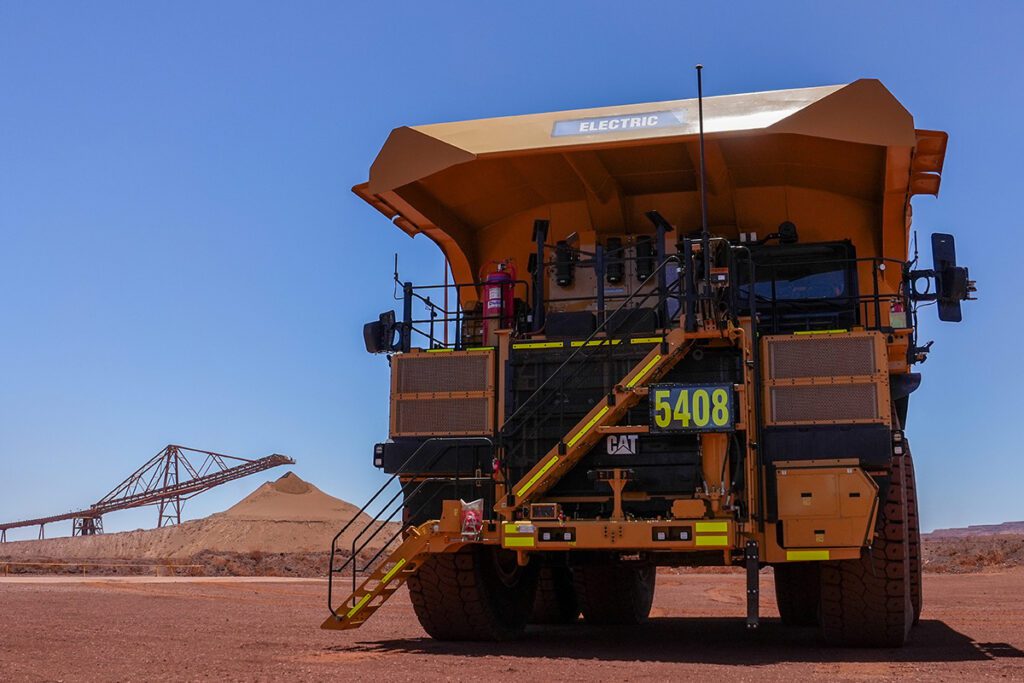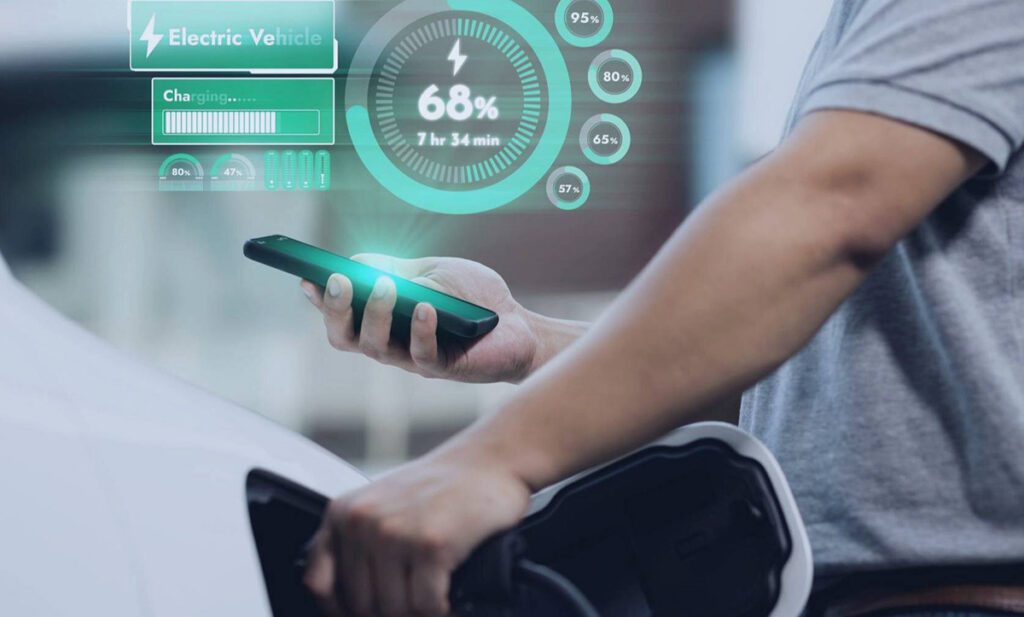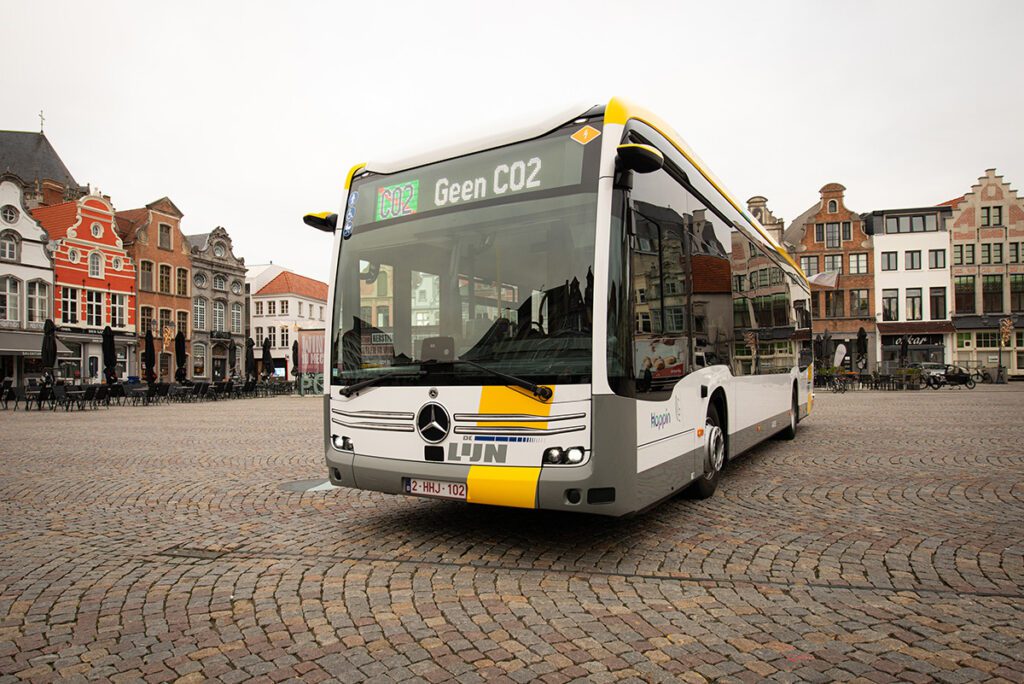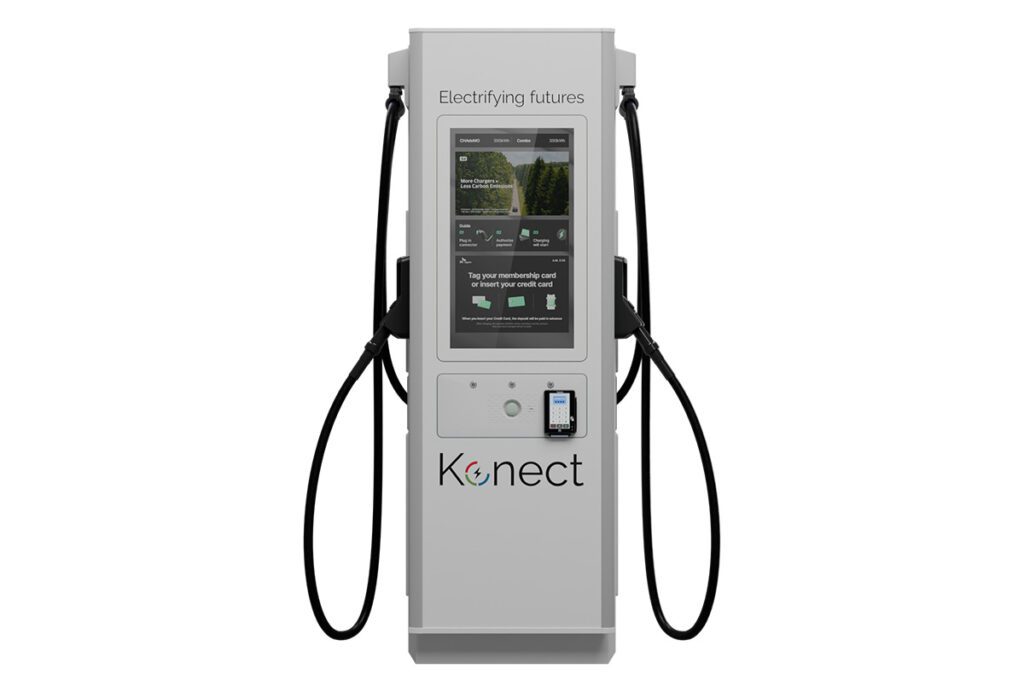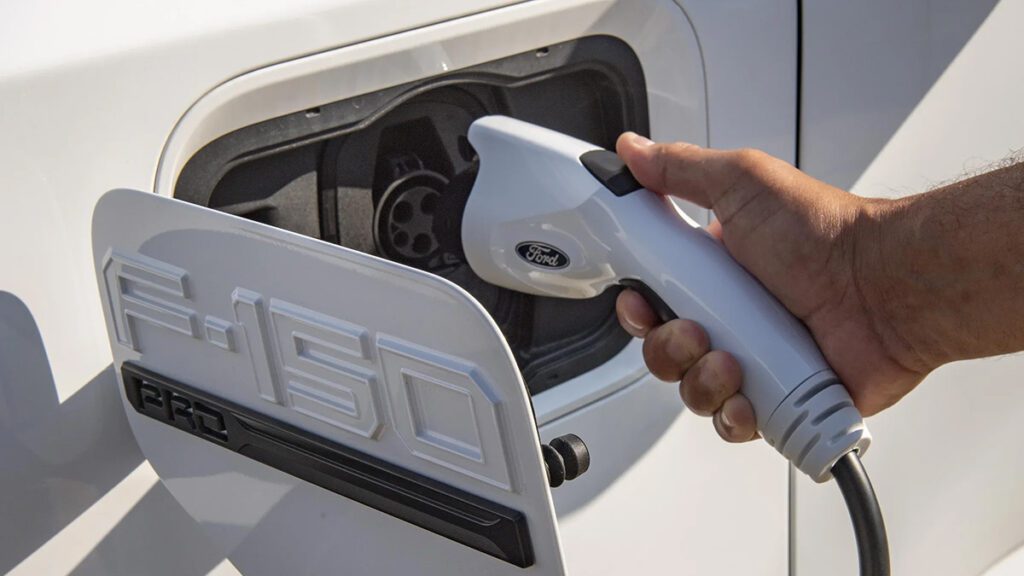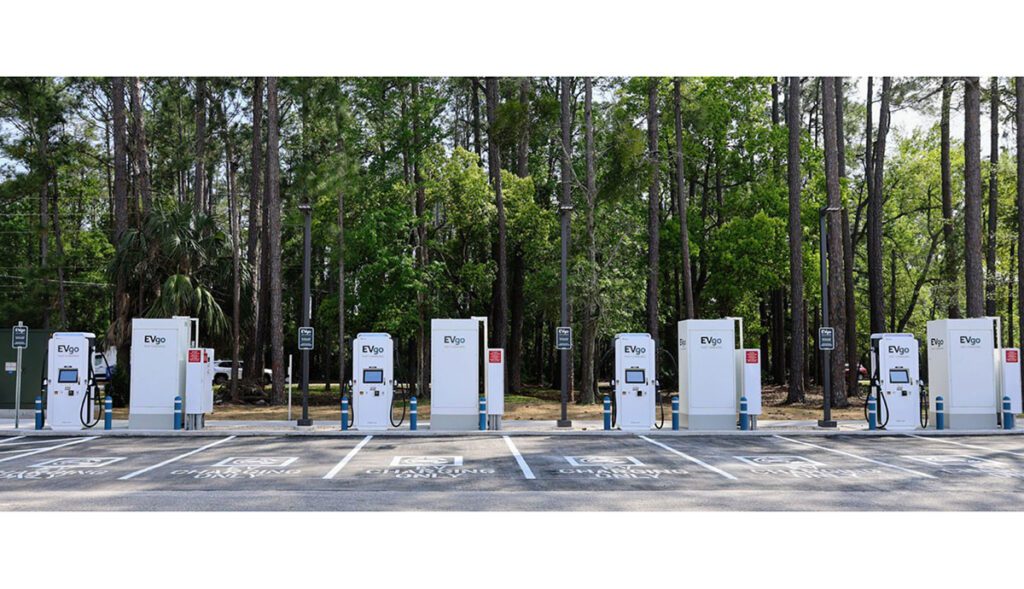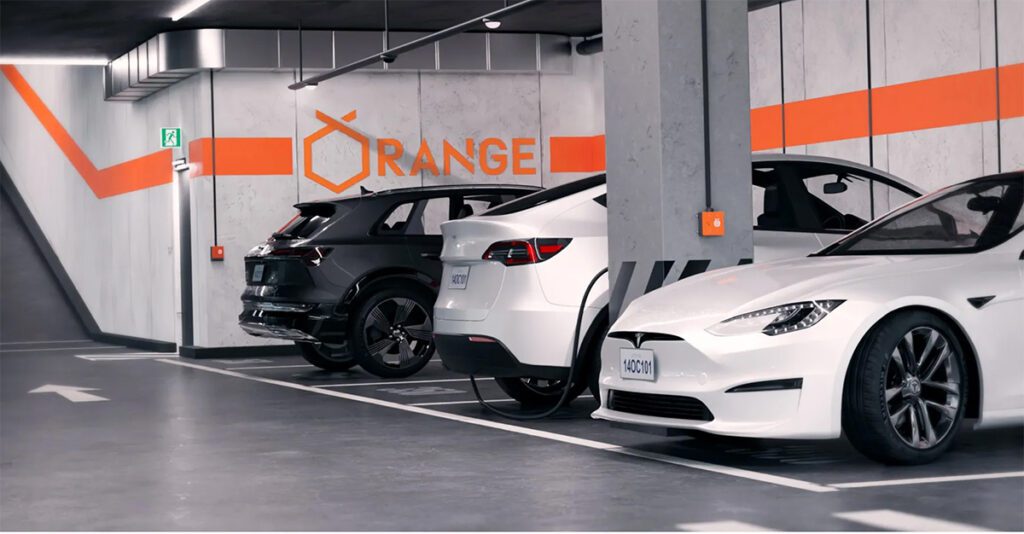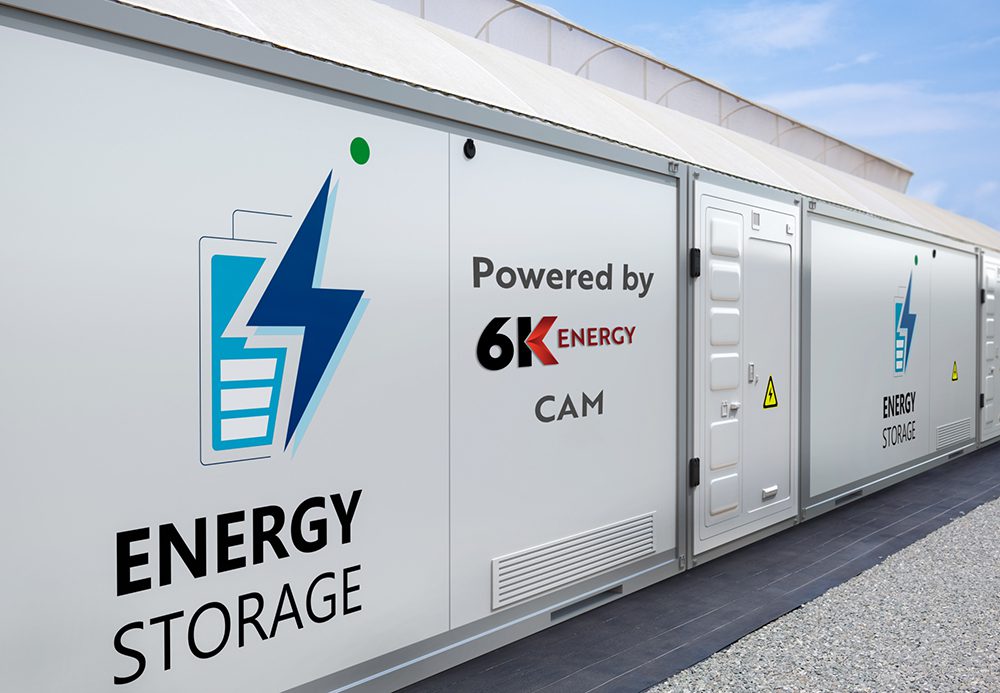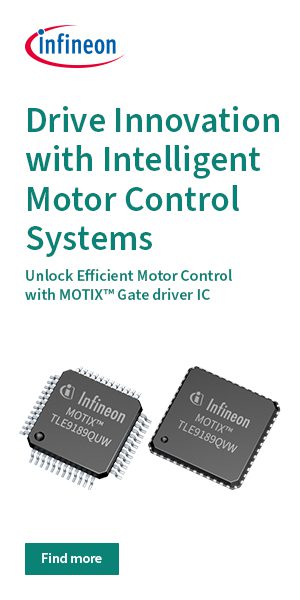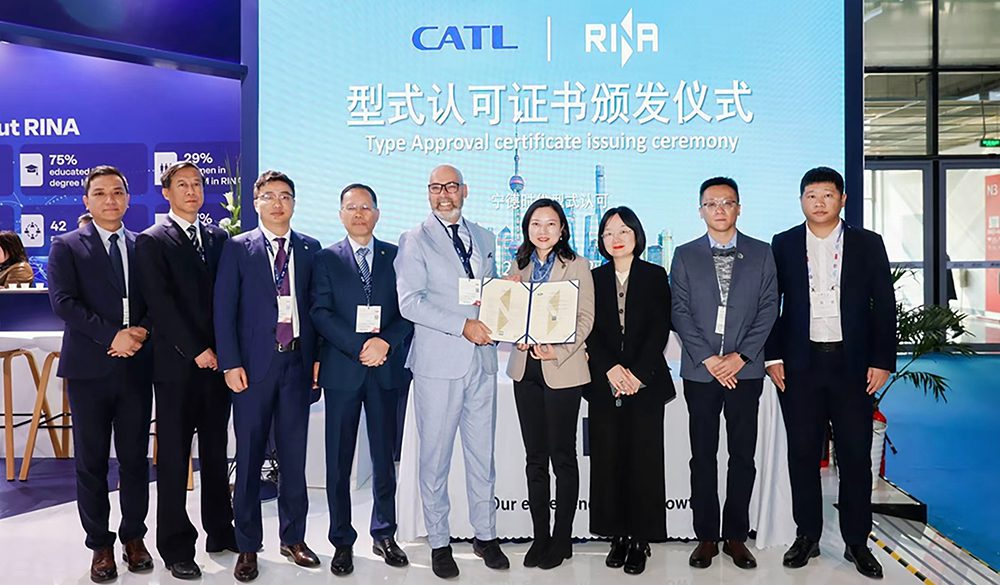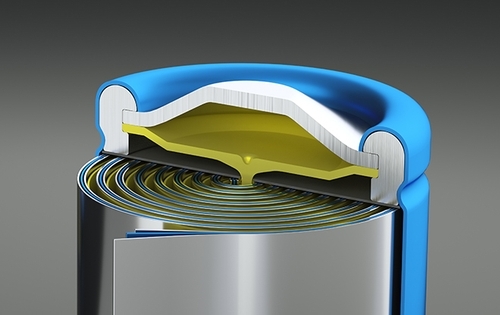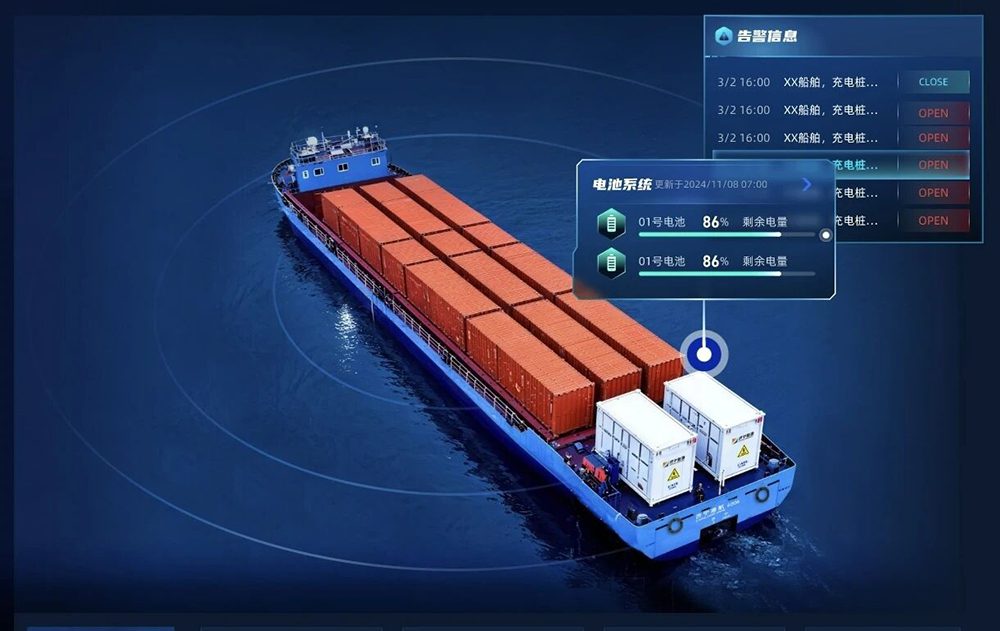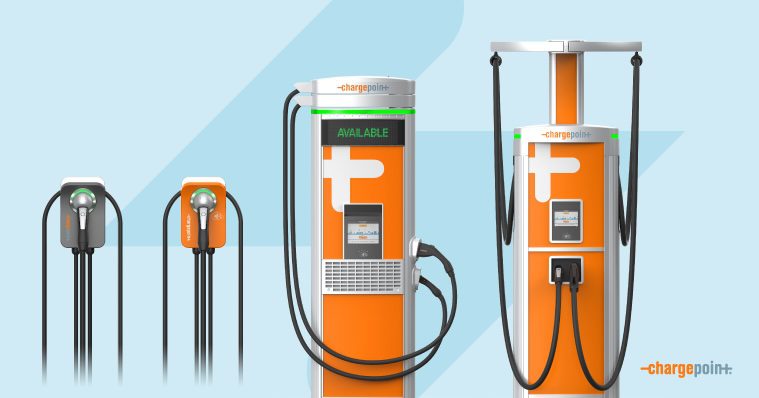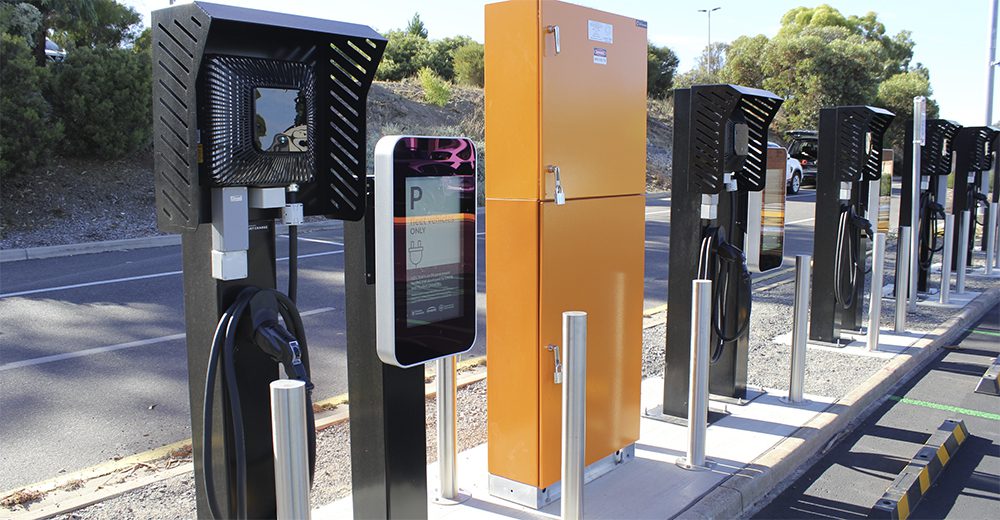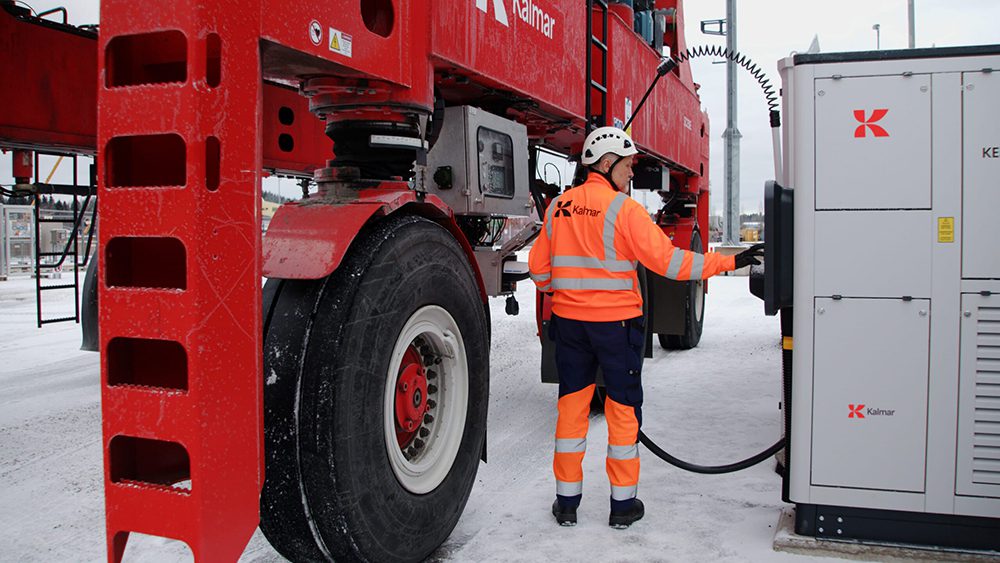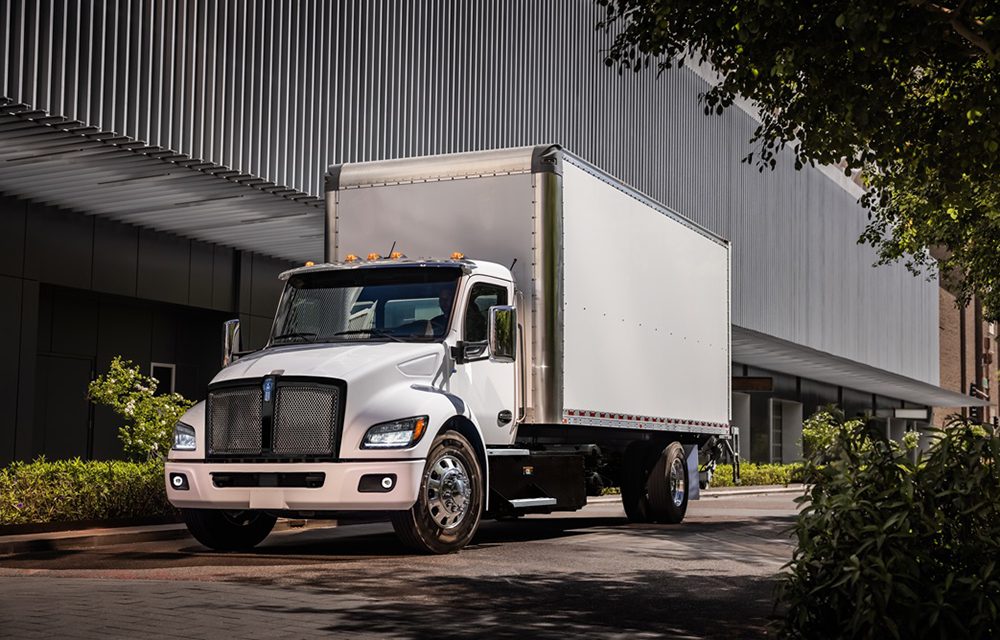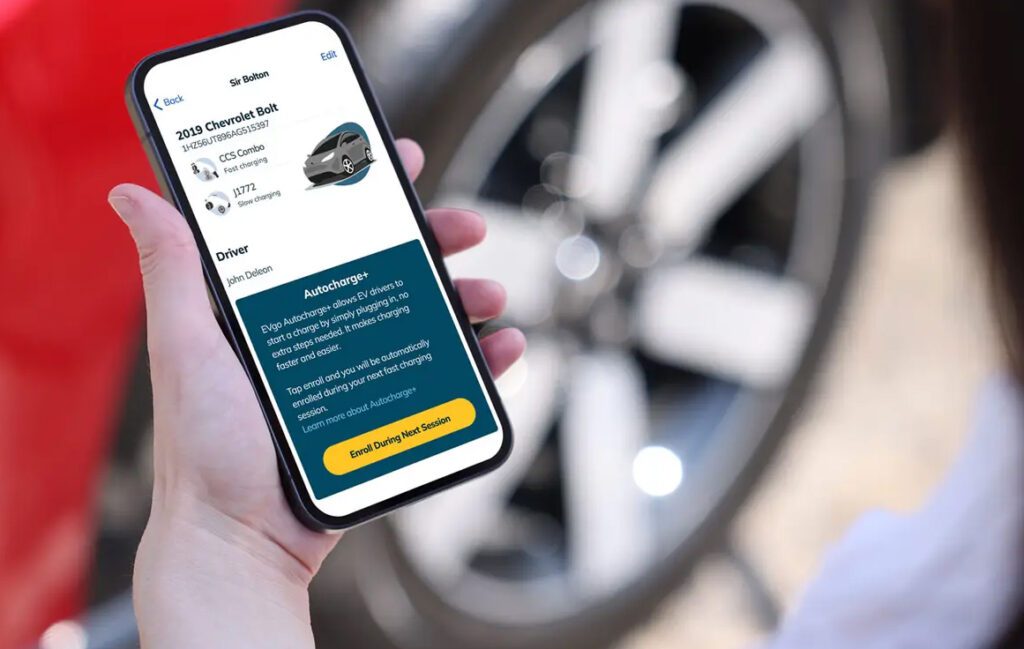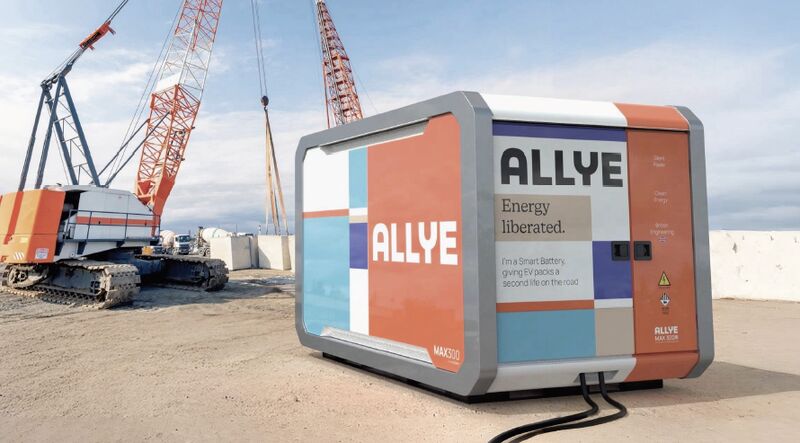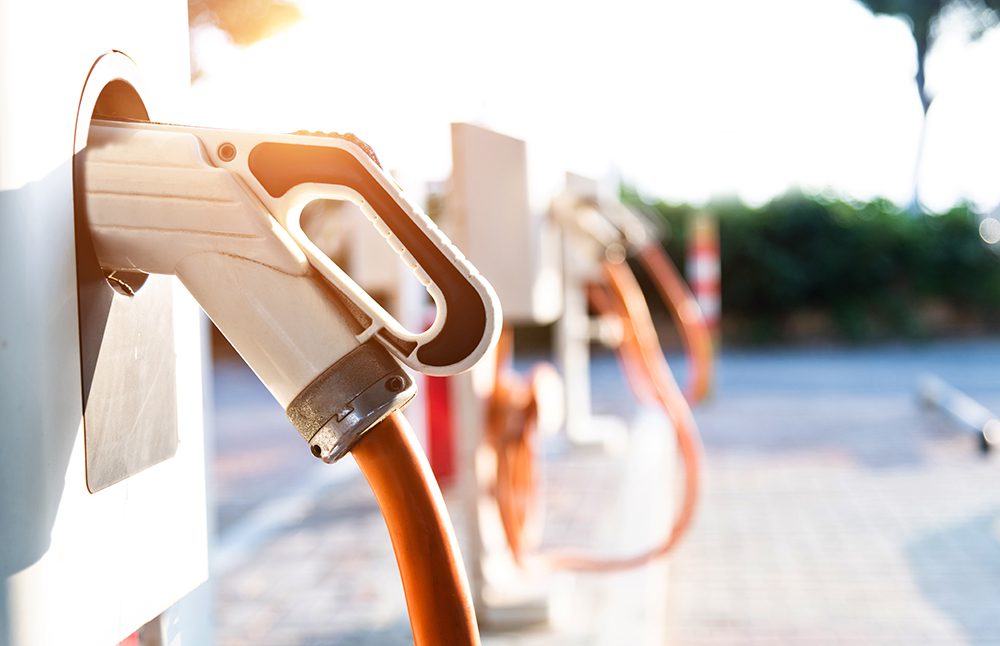Honda, like its larger compatriot Toyota, is a former environmental leader turned laggard. However, in both cases, we’ve been seeing indications that a new, slightly more EV-friendly strategy may be in the offing.
Honda recently announced new investment of 10 trillion yen ($65 billion) in electrification, saying that it expects demand for battery EVs to increase. The spending, which will run through fiscal 2031, will focus on software, R&D, and establishing supply chains in key markets like the US, Canada and Japan. The carmaker reiterated its goal of making battery and fuel cell EVs 100% of global sales by 2040.
Honda plans to roll out seven new EV models globally by 2030, CEO Toshihiro Mibe said at a recent press briefing. The automaker will start selling two new EV models in China later this year, and will introduce an EV with a swappable battery in Japan in 2026.
While the company will continue to bet on hybrids—it plans to sell 1 million this year and is “laying the groundwork” to build capacity to 2 million units annually—CEO Mibe expressed support for full electrification over the longer term, saying, “EVs are the best course for cars.”
Supply chain security is a core concern—Honda plans to invest $15 billion Canadian ($11 billion US) to build a plant in Canada, where it plans to start producing EVs in 2028. The automaker hopes to reduce EV manufacturing costs by about a third and bring down battery procurement costs by 20% in North America, Mibe said.
The company said it’s confident in its ability to secure enough batteries to produce about 2 million EVs per year. Honda also needs to build an EV factory in Japan, Mibe said, without providing any details.
Source: Bloomberg



